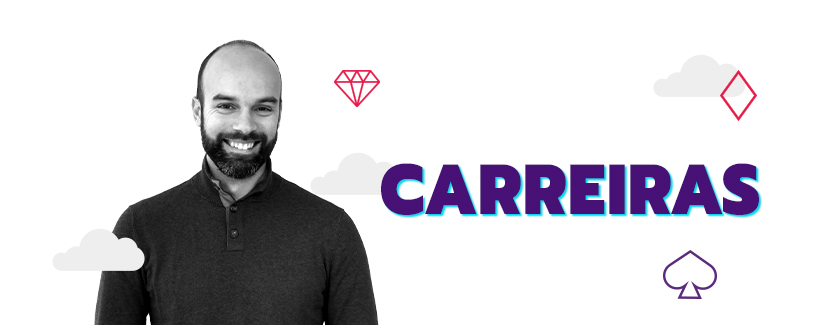Are there still lifelong jobs?
"The decisive period for thousands of young people is approaching. The study marathons have given way to exams, and these will bring an academic destiny that will shape the professionals of the future. But does this stagnant reasoning still make sense in the current paradigm? The evolution we experience in the business ecosystem suggests otherwise.
The maxim 'it doesn't matter how it starts, but how it ends,' often applied in the sporting universe, makes more and more sense in the professional sphere. Once seen as the first step to grab a lifelong job, the moment of choosing the course to attend in higher education is increasingly less seen as a binding decision for long-term professional future.
The paradigm of the market years ago showed linear professional evolution patterns. In this scenario, the career entered a straight line where growth was limited to the chosen sector, involving technical growth and the subsequent entry into management positions related to the area of action. Later, we began to live in a Y scenario, where each person's progression could be easily represented in a fork. On the left was a path of technical evolution, where the goal was to turn the employee into the greatest expert in their domain. On the right was an evolution oriented towards management positions, where technical evolution was mixed with learning the art of team guidance.
In the current technological boom, we are progressively witnessing the implementation of a new paradigm. A paradigm that does not impose limitations or paths on professionals and is being built based on two premises. The first is the conviction that social skills are as or more relevant than technical skills. The second is that technically anyone can be trained and evolve, and this path is more difficult when there is no alignment between the person's behaviour and the company's culture.
It is therefore increasingly common to enter companies, especially in the technology sector, and identify unlikely careers, that is, people who work today in an area disconnected from their academic background. Moreover, this model has led society itself to create, organically or with the support of companies, mechanisms and programs for professional requalification that enable career progression to different areas. I believe that this 'freedom' within companies to allow their employees to integrate teams and projects distant from their basic training contributes to a dynamic that is not only highly challenging on a personal level but also allows companies to step out of their comfort zone. There may not be lifelong jobs, but we open up the possibility for there to be companies for life, with motivated professionals."
Alexandre Gonçalves
Chief Technology Officer da Fabamaq



